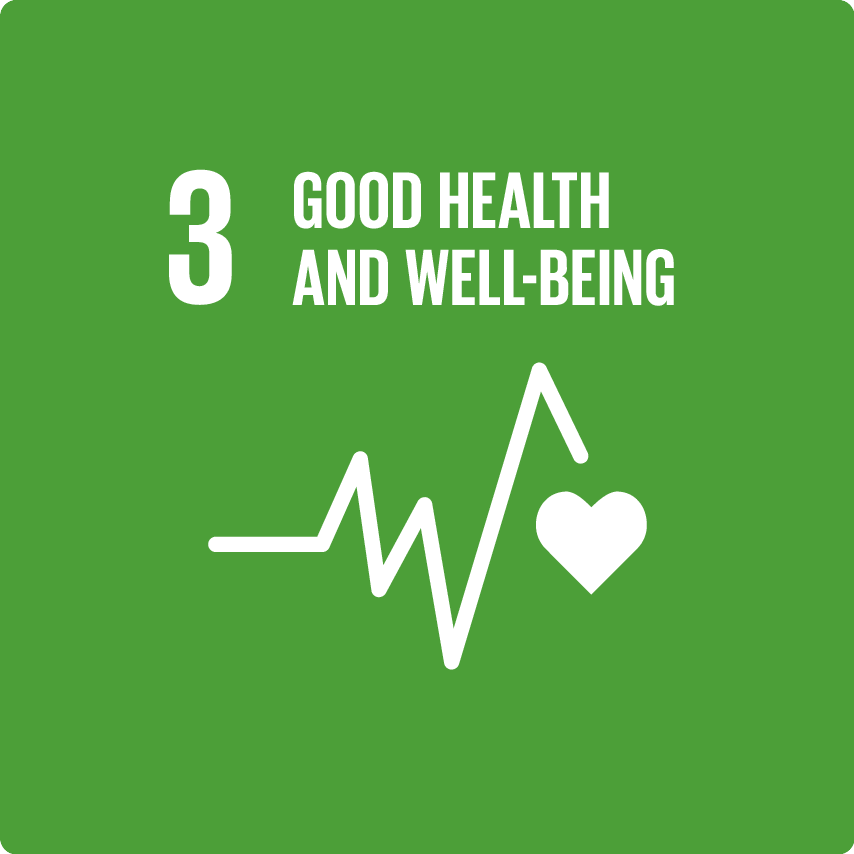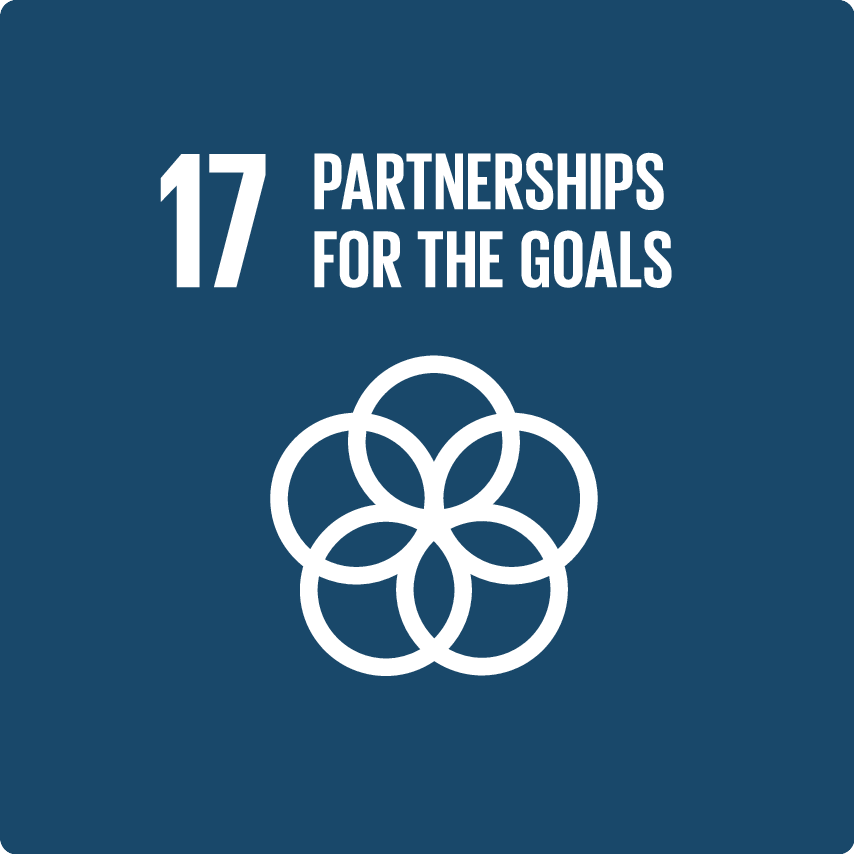Diabetes Impact Project – Indianapolis Neighborhoods (DIP-IN)
Improving diabetes diagnosis, care, and overall quality of life in three Indianapolis communities that experience disproportionately high rates of diabetes.
SEE ALL PARTNER ORGANIZATIONS
Objectives
- Increased knowledge of diabetes and increated rates of testing
- Increase in number of people diagnosed with diabetes and effectively engaged in care improved diabetes control
- Decreased rates of life-altering and life-threatening complications
In 2021, Lilly announced expansion of our support of DIP-IN, committing an additional $5 million to the project led by the Indiana University Richard M. Fairbanks School of Public Health at IUPUI, along with organizational and resident partners. DIP-IN was initially launched in 2018, with a $7 million commitment with the goal of improving diabetes diagnosis, care and overall quality of life in three Indianapolis communities that experience disproportionately high rates of diabetes prevalence compared to the country, state and nation.
The program employs a holistic approach to address diabetes prevention and control in communities where the residents are predominately people of color. Resident steering committees lead the efforts to improve overall quality of life through the support of neighborhood health promotion initiatives. The project includes neighborhood and clinic-based community health workers who help identify people with or at risk for developing diabetes and connect them with quality care.
Global Health partnerships, like DIP-IN, help underscore the unique and powerful role that Community Health Workers (CHWs) play in the health care system. To this end, Lilly is collaborating with GCI Health, a global integrated communications agency, to convene a CHW Policy Forum comprised of key local, state and national organizations, who are steeped in CHW and public health policy. The CHW Policy Forum strives to elevate the essential role of CHWs as part of a resilient health care system and helps shape a policy agenda that supports the long-term sustainability of the CHW workforce.
Geographic Reach
- Americas
Disease Area
- Non-communicable diseases
Partner organizations
Richard M. Fairbanks School of Public Health - Indiana University
Marion County Public Health Department
Eskenazi Health
Local Initiatives Support Corporation - Indianapolis (LISC)
Geographic Reach
Americas
- United States of America
Disease Area
Non-communicable diseases
- Diabetes

